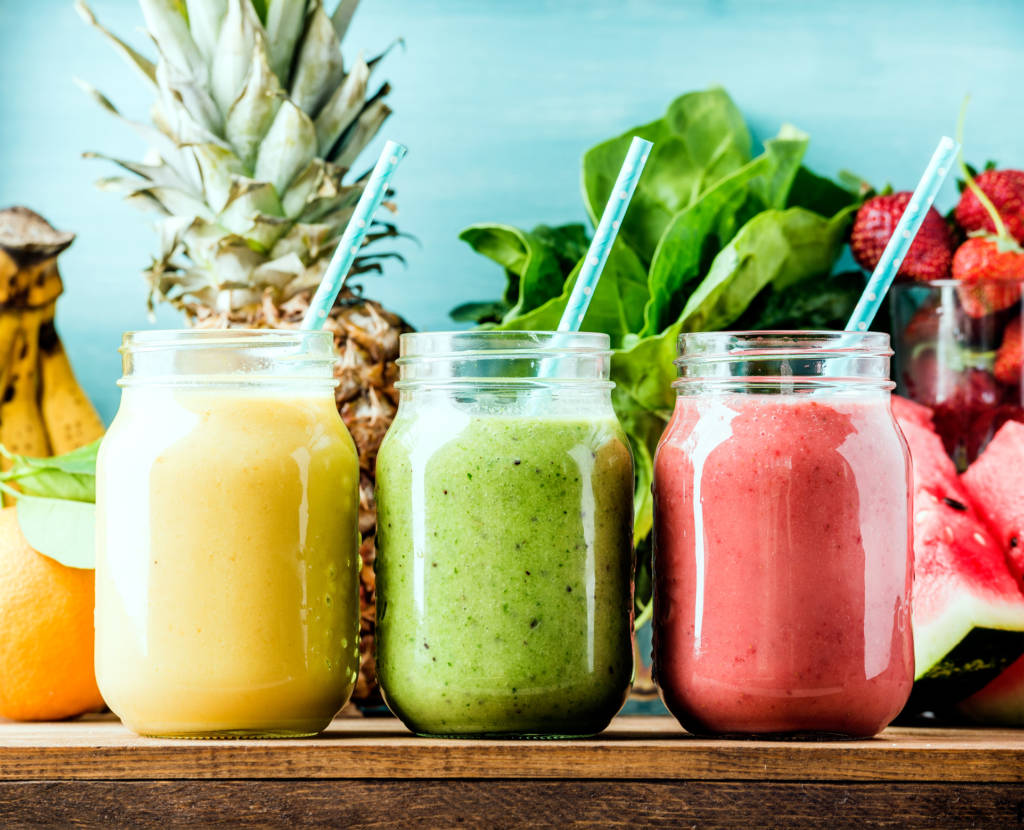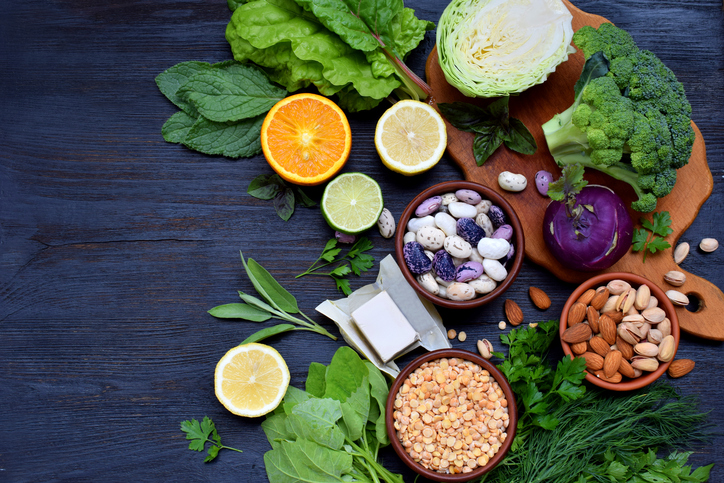Juicing may be a popular health fad, but evidence suggests it could actually be detrimental to a good diet. The same goes for coconut oil, which is loaded with saturated fat but has emerged as another dietary craze in the United States. And a gluten-free diet likely doesn’t have a positive health benefit for people who do not have gluten sensitivity or celiac disease. These conclusions are part of a new review of the latest scientific evidence on food and nutrition that was conducted to shed some light on the latest diet fads.
“There is widespread confusion in terms of nutrition. Every day someone says something is good, and then the next day they say it’s bad,” said review lead author Dr. Andrew Freeman, co-chair of the American College of Cardiology’s Lifestyle and Nutrition Work Group.
“Our purpose was to do our best to give clinicians the tools they need to help their patients,” said Freeman, who is also director of cardiovascular prevention and wellness at National Jewish Health in Denver.
He and his colleagues reviewed medical evidence related to overall healthy eating patterns and specific dietary fads that are currently popular in the United States.
 They concluded that:
They concluded that:
- Juicing might improve absorption of some plant nutrients, but it also leaves out a lot of fiber and nutrients contained in whole fruits and vegetables. Juicing removes the juice from fresh fruits or vegetables, producing liquid that contains most of the vitamins, minerals, and chemicals found in whole fruit. But, whole fruits and vegetables have valuable fiber that’s removed during most juicing.People who juice tend to drink more concentrated calories without feeling as full afterward. “You’re leaving behind most of the nutrients, you’re leaving behind the fiber, and research has shown that when you drink calories they aren’t as satiating as when you chew them,” said Dr. Alice Lichtenstein. She’s director of the Cardiovascular Nutrition Laboratory at Tufts University in Boston.
- By the same token, high-dose antioxidant dietary supplements don’t appear to benefit people any more than simply eating foods rich in antioxidants. “Every time we extract things from plants, we usually don’t get the same benefit, or sometimes we get a non-benefit, a danger,” Freeman said. “If you eat a well-balanced diet, vitamin supplementation is usually not required.”






